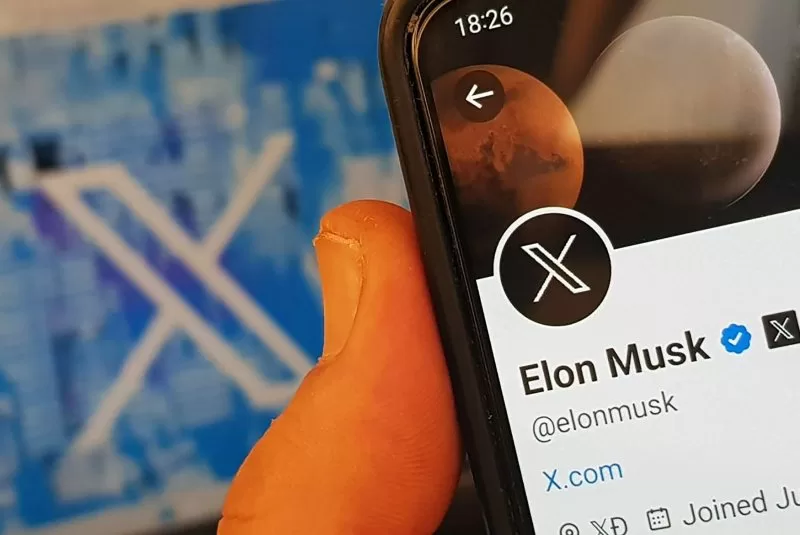The Supreme Court on Monday declined to hear a challenge by X seeking to allow the company to disclose the number of times the FBI requested surveillance of the platform. File Photo by Ismael Mohamad/ UPI |
License PhotoJan. 8 (UPI) — The Supreme Court on Monday said it will not hear an appeal from X asking that the number of FBI requests for user requests from the platform, formerly known as Twitter, be made public.
The Supreme Court did not provide an explanation for its decision to decline the case and leave in place lower court rulings that the FBI was justified in preventing the data from being published.
X had appealed to the high court to grant it the right to reveal publicly the number of times in a six-month period that a national security order requesting information about users was received.
It had argued the federal government was acting unconstitutionally by preventing the disclosure of how often it requested information from the social media platform under the guise of national security, adding that such protections should only be granted in special cases.
“History demonstrates that the surveillance of electronic communications is both a fertile ground for government abuse and a lightning-rod political topic of intense concern to the public,” X’s challenge said.
The case stems from a 2014 challenge by the company, then known as Twitter and headed by founder Jack Dorsey, after it was blocked from publishing the data on the requests as part of a biannual “Transparency Report.”
In 2020, a federal district court ruled the government was justified in keeping the information classified, adding that “no more narrow tailoring of the restrictions can be made”
Following billionaire Elon Musk’s purchase of the company in late 2022, the 9th U.S. Circuit Court of Appeals upheld the lower court’s decision in March, writing that the omissions from the Transparency report were “narrowly tailored in support of the compelling government interest in national security.”
It further ruled that the free-speech restrictions imposed on the social-media company related to the surveillance requests for national security purposes were not subject to procedural requirements mandating judicial review.
Musk also lost an effort to prevent sharing data from the company with the government early into his tenure as its owner.
An August filing by the U.S. Court of Appeals for the District of Columbia showed that a federal judge held the company in contempt end levied a $350,000 fine after Musk initially resisted to comply with a warrant from special counsel Jack Smith seeking information related to former President Donald Trump‘s account.
The appeals court also declined a bid by the company to overturn the contempt and nondisclosure order in which it had argued the order violated the First Amendment and the Stored Communications Act.

